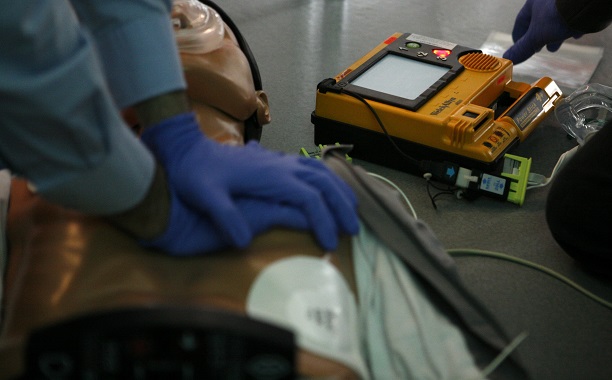A new mobile CPR app has been shown to increase survival rates in out-of-hospital cardiac arrest patients, according to a recently published study.
The study, which was published on June 11, 2015 in the New England Journal of Medicine, was conducted as a blinded, randomized, controlled trial which took place in Stockholm, Sweden between April 2012 and December 2013.
The app employed a mobile-phone positioning system to locate trained volunteers within a 500 meter radius of patients with out-of-hospital cardiac arrest and dispatch trained volunteers accordingly. As a result, the number of bystanders providing emergency CPR for cardiac arrest victims rose 30 percent, CBS News reported.
Dr. Jacon Hollenberg, cardiologist and head of research at the Center for Resuscitation Science, in a press release from the Swedish Karolinska Institutet medical university as having said that while traditional methods are important, they “have not shown any evidence of a similar increase” in contrast to the new CPR app.
Traditional methods such as mass public training, which are now used throughout the world, are important but have not shown any evidence of a similar increase (…) The new mobile phone text-message alert system shows convincingly that new technology can be used to ensure that more people receive life-saving treatment as they wait for an ambulance.
Patients in a larger companion study, one in which researchers analyzed 30,000 patients, showed an increased 30-day survival rate for cardiac arrest patients who received bystander provided CPR.
The research was funded by grants from the Heart-Lung Foundation, Stockholm County Council, the Swedish Association of Local Authorities and Regions and the Laerdal Foundation for Acute Medicine.
In other cardiac coverage, an unrelated study conducted by U.S. researchers has found divorce to increase heart attack risk and in yet another unrelated study, binge drinking has been shown to increase heart attack risk and cause brain damage.
























